False Alarm: The Truth about Political Mistruths in the Trump Era
Americans are not invulnerable to factual information. They do not 'backfire'; facts do not make them less accurate.

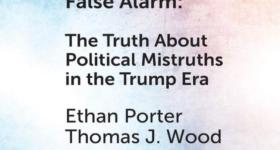
False Alarm: The Truth about Political Mistruths in the Trump Era
Americans are not invulnerable to factual information. They do not 'backfire'; facts do not make them less accurate.

Framing and Strategic Narratives: Synthesis and Analytical Framework
Standard journalistic tropes were of little use after the 2016 US elections. Talk of blue and red states was eclipsed by distressed discussions.

Government Role in Regulating Vaccine Misinformation on Social Media Platforms
Recognizing that interactive computer services offered a forum for true diversity of political discourse, Congress enacted the Communications Decency Act.
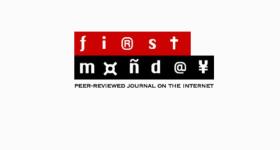
Elites and foreign actors among the alt-right: The Gab social media platform
Content regulation and censorship of social media platforms is increasingly discussed by governments and the platforms themselves.

In Search of Meaning: Why We Still Don't Know What Digital Data Represent
In the early years researchers greeted the internet and digital data with almost wide-eyed wonder and excitement.
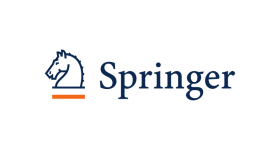
To illuminate and motivate: a fuzzy-trace model of the spread of information online
In this paper, we present, and test, a novel mathematical formulation of how information spreads online.
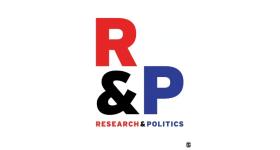
Long-standing literature in political science makes clear that political elites can shape the factual beliefs and policy attitudes of the mass public, especially co-partisans.

Challenges and frontiers in abusive content detection
Developing robust systems to detect abuse is a crucial part of online content moderation and plays a fundamental role in creating an open, safe and accessible Internet. It is of growing interest to...
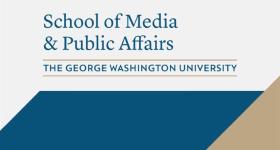
Suspicious Election Campaign Activity on Facebook
News reports and scholarly research have noted European far-right populist parties are overrepresented...

How we do things with words: Analyzing text as social and cultural data
In this article we describe our experiences with computational text analysis. We hope to achieve three primary goals.
